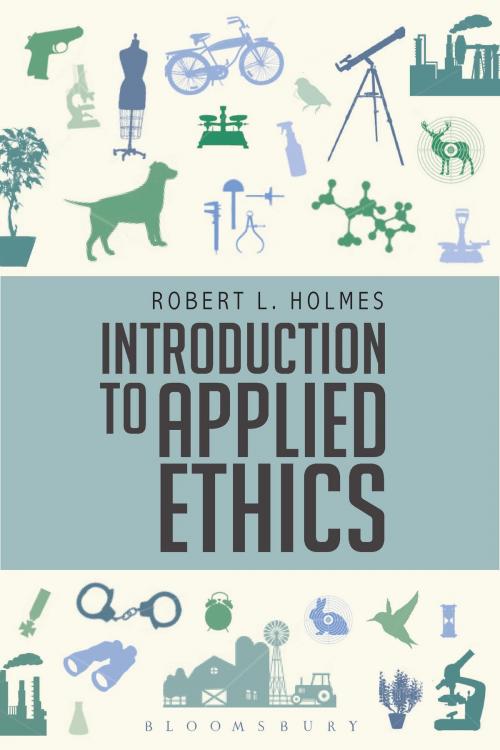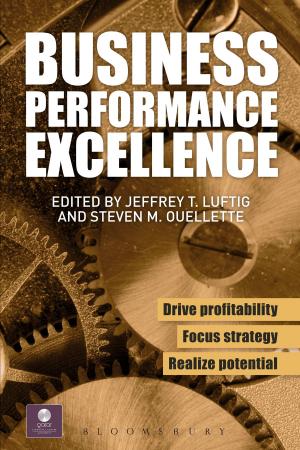Introduction to Applied Ethics
Nonfiction, Health & Well Being, Medical, Reference, Ethics, Religion & Spirituality, Philosophy, Political, Ethics & Moral Philosophy| Author: | Professor Robert L. Holmes | ISBN: | 9781350029828 |
| Publisher: | Bloomsbury Publishing | Publication: | February 22, 2018 |
| Imprint: | Bloomsbury Academic | Language: | English |
| Author: | Professor Robert L. Holmes |
| ISBN: | 9781350029828 |
| Publisher: | Bloomsbury Publishing |
| Publication: | February 22, 2018 |
| Imprint: | Bloomsbury Academic |
| Language: | English |
How do you decide what is ethically wrong and right? Few people make moral judgments by taking the theory first. Specifically written with the interests, needs, and experience of students in mind, this textbook approaches thinking ethically as you do in real life – by first encountering practical moral problems and then introducing theory to understand and integrate the issues.
Built around engaging case studies from news media, court hearings, famous speeches and philosophical writings, each of the 15 chapters:
- explains and defines the moral problem dealt with
- provides excerpts of readings on all sides of the issue
- analyses the problem, using the relevant theory
The examples are recognizable ethical problems, including judgments about racism and sexism, controversial debates such as assisted suicide and the death penalty, and contemporary concerns like privacy and technology, corporate responsibility, and the environment.
The mission of the book is to assist you to engage in informed, independent, critical thinking and to enable you to enter into ethical discussions in the classroom and beyond. Supported by learning features, including study questions, key quotes, handy definitions and a companion website, this book is essential for any student of moral philosophy.
How do you decide what is ethically wrong and right? Few people make moral judgments by taking the theory first. Specifically written with the interests, needs, and experience of students in mind, this textbook approaches thinking ethically as you do in real life – by first encountering practical moral problems and then introducing theory to understand and integrate the issues.
Built around engaging case studies from news media, court hearings, famous speeches and philosophical writings, each of the 15 chapters:
- explains and defines the moral problem dealt with
- provides excerpts of readings on all sides of the issue
- analyses the problem, using the relevant theory
The examples are recognizable ethical problems, including judgments about racism and sexism, controversial debates such as assisted suicide and the death penalty, and contemporary concerns like privacy and technology, corporate responsibility, and the environment.
The mission of the book is to assist you to engage in informed, independent, critical thinking and to enable you to enter into ethical discussions in the classroom and beyond. Supported by learning features, including study questions, key quotes, handy definitions and a companion website, this book is essential for any student of moral philosophy.















